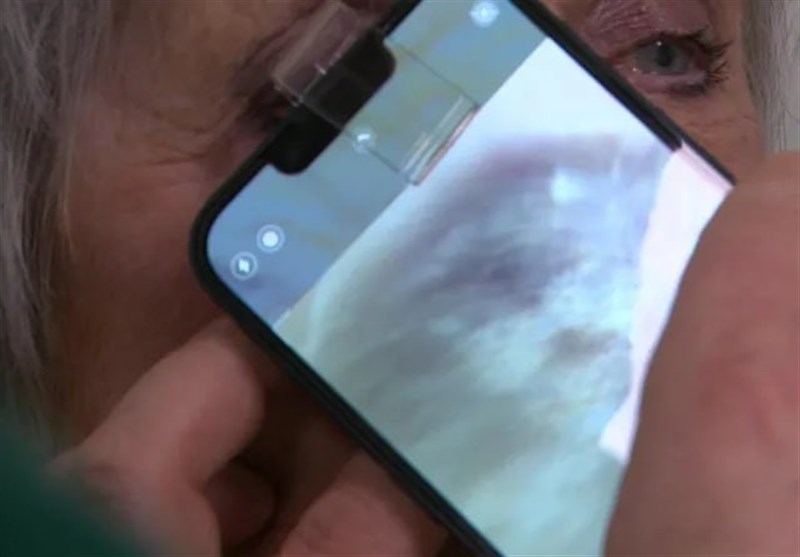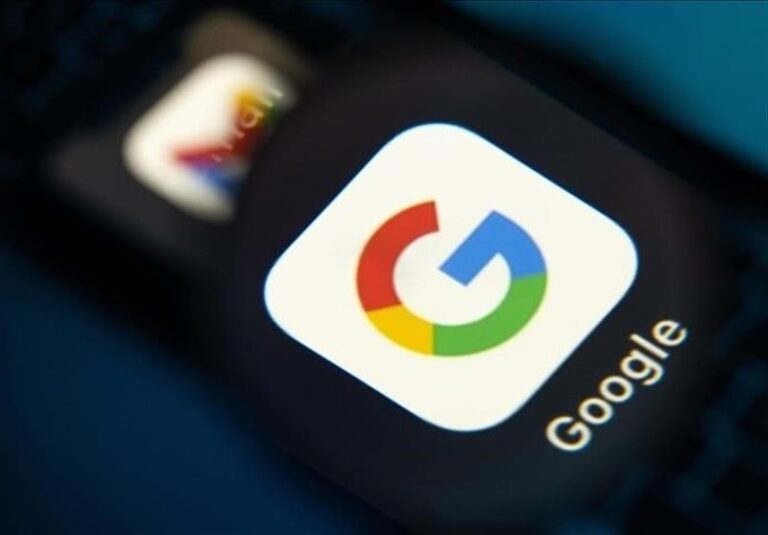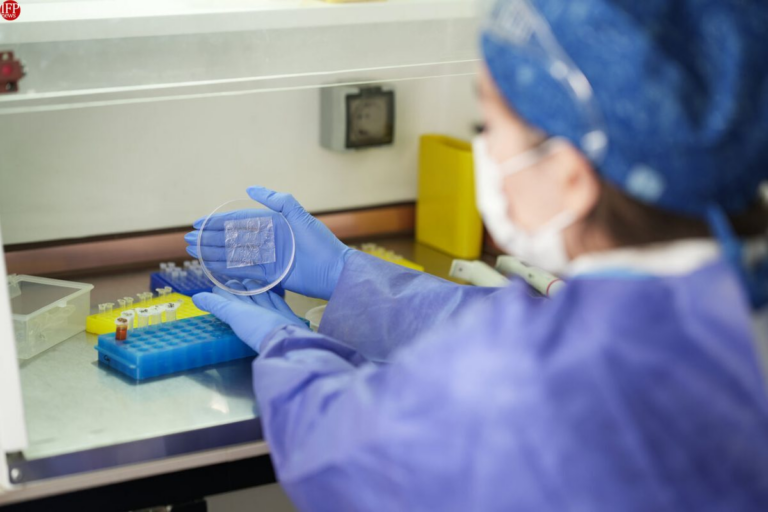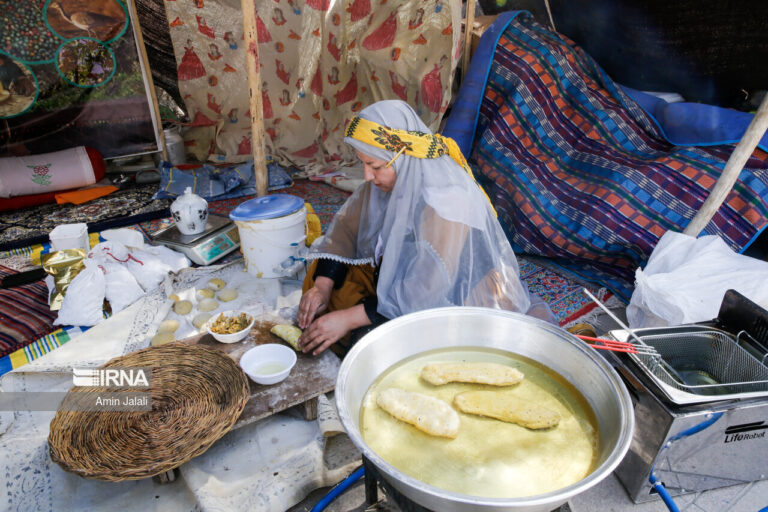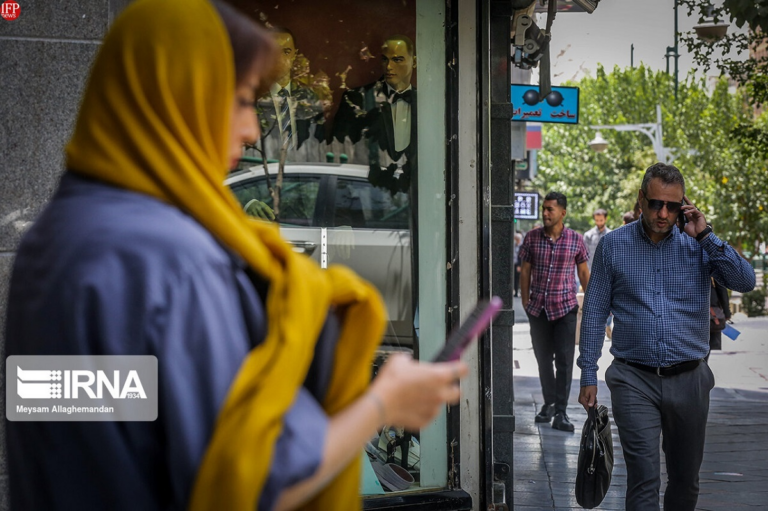Revolutionary New App Cut Skin Cancer Referrals in Half, Study Reveals!
In a groundbreaking development for skin cancer detection, a mobile app called Map My Mole has proven to significantly reduce hospital referrals by over 50% during a trial at three NHS surgeries in southwest England. This innovative tool is designed to enhance early detection of skin lesions and moles, streamlining the diagnostic process and easing the burden on healthcare facilities.
Launched in March 2024, the Map My Mole app has already reviewed more than 1,500 moles and lesions in the regions of Devon and Cornwall. Patients participating in the program receive a small lens that attaches to their mobile phones, allowing them to capture high-quality images of their skin concerns. These images are then uploaded to the app for rapid assessment by dermatology consultants, facilitating quicker diagnoses and minimizing unnecessary hospital referrals.
Dr. Toby Nelson, a consultant dermatologist involved in the trial, emphasized the positive impact of this initiative on healthcare efficiency. “In the three sites participating, we have reduced GP-to-hospital referrals by over 50%,” Dr. Nelson explained. He elaborated on the time savings: “Previously, a GP would spend about 15 minutes assessing a mole. Now, reviewing the images online takes just two to four minutes.”
Patients utilizing the app first answer a series of questions regarding their skin health before submitting images for their GP’s review. Those who visit a participating surgery have the option of having their photos taken by an assistant, while others can receive the lens by post to capture images at their convenience.
Dr. Victor D’Ambrogio, a GP at Stratton Surgery, pointed out the significant efficiency gains achieved through the app. “In the past 10 months, we’ve seen around 400 patients using the app. Of those, only about 10% needed onward referral, which is significantly lower than before,” he noted.
Benefits of Faster Diagnoses for Patients
One patient, Dee Noakes, an 84-year-old from Stratton, Bude, shared her experience with the app. “I had this crusty mole on my nose,” she recounted. “A GP assistant took photos, and my doctor called the next day with concerns. Within a week, I was at the dermatology department at North Devon District Hospital.” This quick turnaround highlights the app’s potential to expedite care for patients with concerning skin issues.
Since its inception in September 2023, Map My Mole has gained traction, being adopted by 915 private clinics across the UK. A dedicated team of five consultants has already reviewed over 5,000 lesions through the platform, showcasing its effectiveness in supporting skin cancer detection.
Dr. Nelson further noted that dermatology centers, particularly in southwest England, often spend considerable time reviewing skin cancer referrals, many of which ultimately turn out to be benign. “If we can reduce unnecessary referrals, consultants will have more time to see patients with eczema, acne, and psoriasis, who currently face waits of six to 18 months,” he stated.
This app not only addresses the immediate needs of patients but also aligns with the NHS’s broader goals of providing care closer to home. By reducing hospital visits, the app eases the pressure on GP and hospital appointments, ultimately improving patient access to timely care.
Dr. Nelson expressed optimism regarding the future of this technology, stating, “I hope that the trial’s success will lead to wider NHS adoption of the technology.” The implications of such widespread adoption could revolutionize the way skin cancer is detected and treated in the UK, making early intervention more accessible to those in need.
In conclusion, the Map My Mole app represents a significant advancement in dermatological care, demonstrating the potential of mobile technology to enhance patient outcomes, streamline healthcare processes, and alleviate the strain on medical resources. With ongoing success, it may pave the way for a new standard in skin cancer detection.
